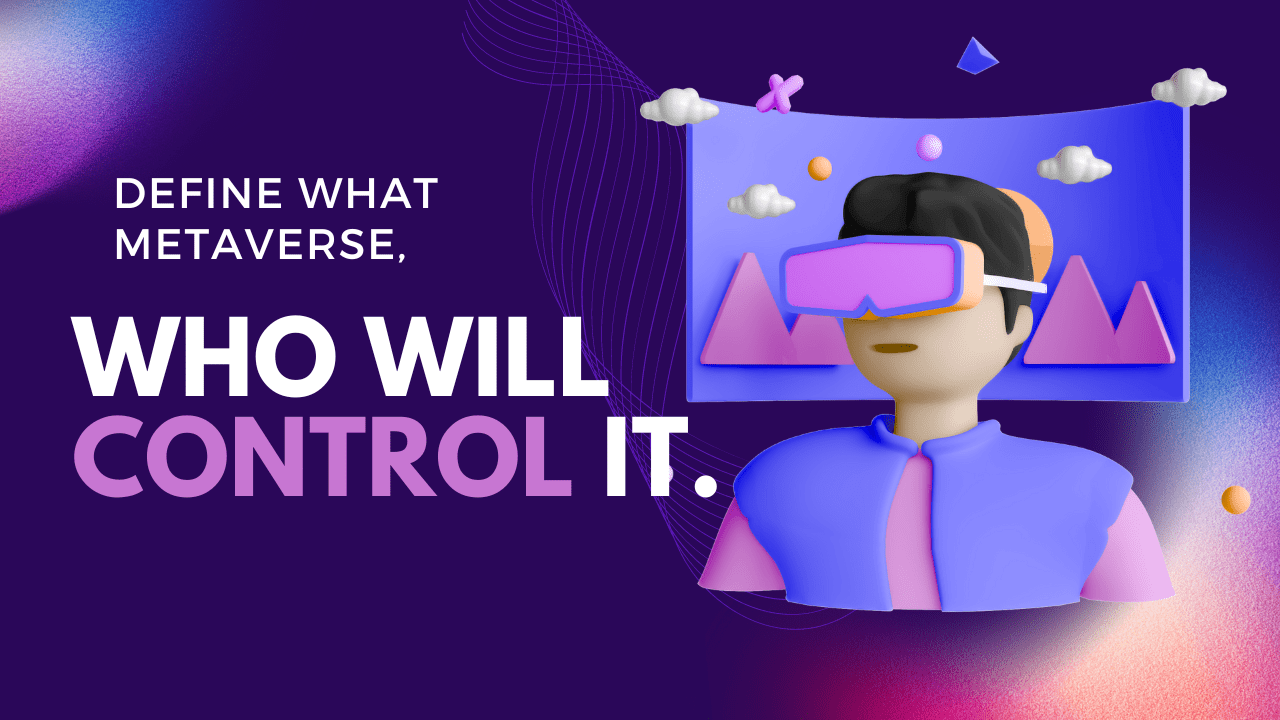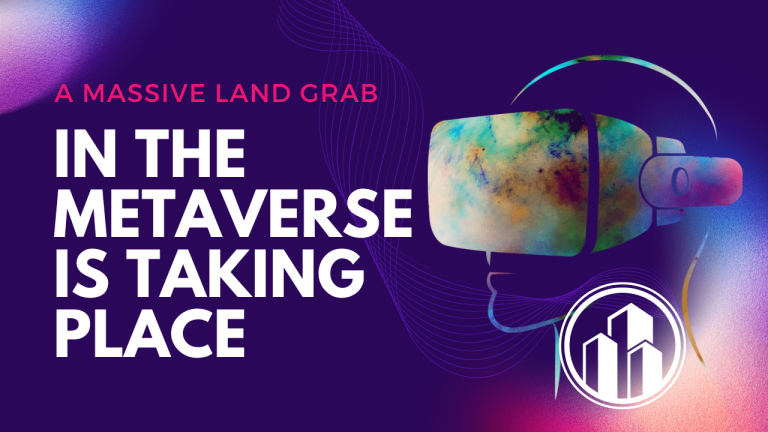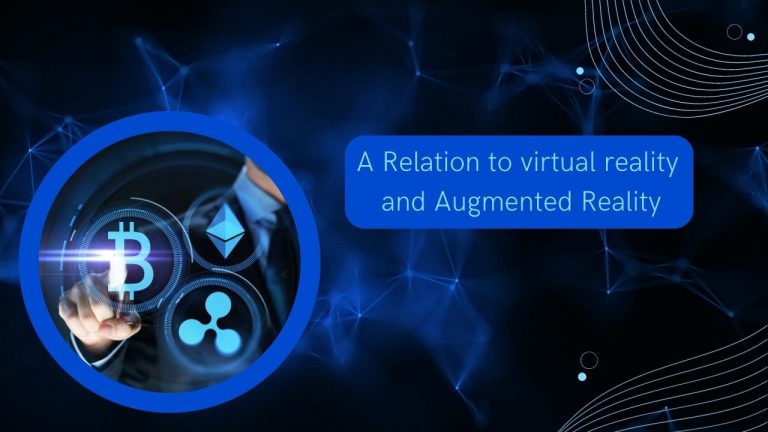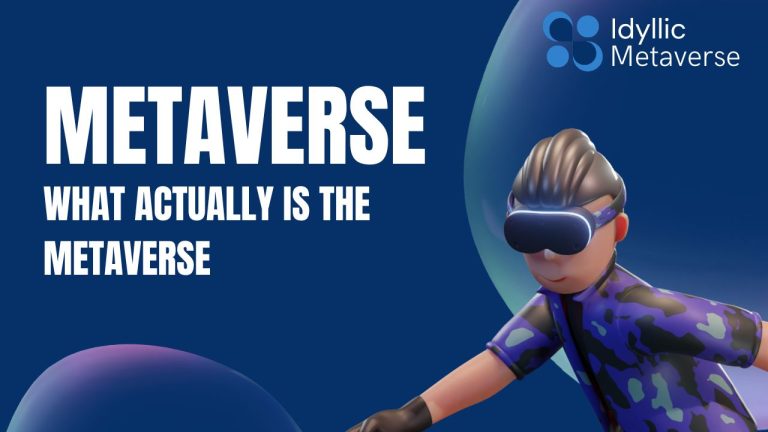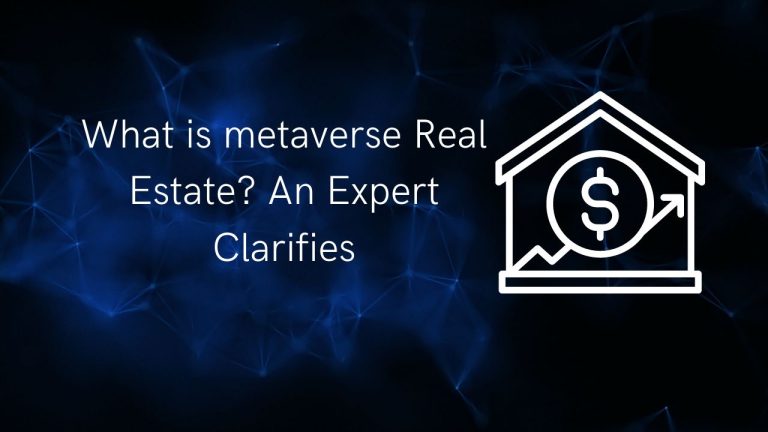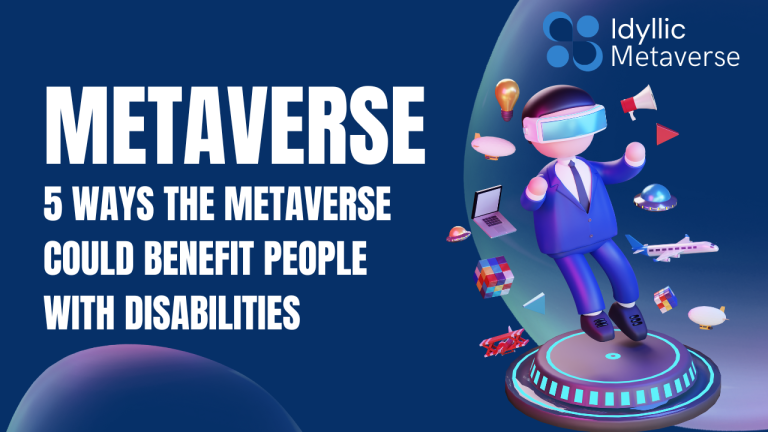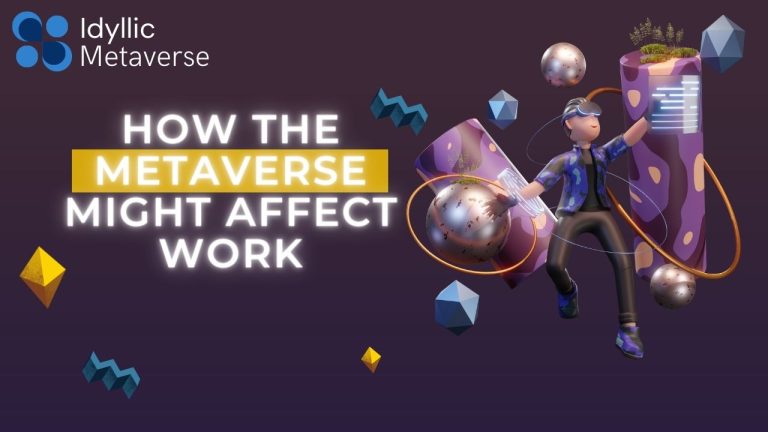Define what metaverse is and who will control it.
Nick Clegg Of Meta Has Spoken With Radio Davos.
Introduction of metaverse:
The Metaverse is a spatial computing platform that offers digital experiences as an alternative to or replica of the real world, including key civilizational aspects such as social interactions, currency, trade, economy, and property ownership, and is built on blockchain technology.
The metaverse is dominated by large competing ecosystems, such as Apple and Android meta worlds, which have limited cooperation.
The metaverse is a dynamic, open, and usable space, similar to the internet but in three dimensions.
Define ecosystem in the metaverse:
It is made up of several layers that work together to form an ecosystem for developers and users. These layers work together to create an environment that facilitates the development and adoption of blockchain technology. Metaverse’s future is dependent on the success of its ecosystem.
Nick Clegg of Meta speaks with Radio Davos.
Discuss the metaverse, Meta, and metaverse. But, before we do that, I’d like to ask you a possible regulation question. In January, I asked to interview Stuart Russell, a professor, and intelligent systems expert, and his position is that the methods, social media processes, have learned to manipulate people, to alter them so that in the long term they’re more sensitive and can be digitized at a higher rate. That is a bold claim. Are you in agreement?
Mr. Nick Clegg, It’s a claim that’s usually made but rarely proven, for the simple reason that’s not what our systems do. It’s certainly a fashionable narrative to say that companies like Meta, but we’re not alone, use techniques to craftily spoon-feed severe and insulting text to people to keep them hooked on our services because that’s how we can sell ads and so on. Every link in that chain is incorrect.
What methods do – what is the first thing you’d see more of on Facebook if our methods were removed? You’d see more misinformation and hate speech because our algorithms, among other things, act as giant swimming pool filters, attempting to filter out, identify, and demote precisely the type of content we don’t want to promote.
And, by the way, for those who keep claiming, and I’m not sure if this good professor did, but it is frequently claimed, that we have a commercial incentive to do so.
“We do not want [offensive content]. Advertisers, who pay for our meals, do not want it. Furthermore, we know from our research that users do not want it”
Many people had never heard the term “metaverse” before Facebook. So, what exactly is the metaverse, and what will we be doing in it in a year, five years, or ten years?
Mr. Nick Clegg: The metaverse is, in many forms, a bit like science fiction, but it’s also a reason, almost natural progression in the path of the internet.
If you think about it, we used to have desktop computers, then laptop computers, and now we all walk around holding a phone in our sweating hands. Then we moved from text to photographs, and from photographs to videos. And now, by far the most popular way for people to communicate and share information is through video, particularly short-form videos. Already, video accounts for roughly half of all content on Facebook.
And all of this is a step toward more lifelike embodiment. And the metaverse is a natural extrapolation of that, where you and I will be able to put something on the bridge of our nose – not heavy goggles – there will be glasses then, maybe even something around your wrist to provide more computing power over time. And we’d be able to communicate as holograms, giving the impression that we’re sitting in the same room even though we’re not. So there is a genuine sense of embodied presence.
“The audio technology [in the metaverse] is so good that you don’t need to raise your voice like you would when speaking to a flat-screen full of people on Zoom”.
Meta’s President of Global Affairs, Nick Clegg
When Facebook became Meta, some people assumed that it was the end of the metaverse. And the connectivity of the various metaverses is a strong point you make here.
Yes, Nick Clegg. That is extremely important. Everyone should have no trouble breathing. Meta and Mark Zuckerberg’s ambition is not to build some sort of tower kingdom owned and governed by a single company. Not at all. To be honest, the metaverse will exist regardless of whether we, as a company, support it or not. We will simply be one of many companies that are keen to invest in innovation, such as Microsoft, Google, Apple, and others.
And I believe this is the key. It will not be just one thing.
Nobody talks about the ‘Google Internet’ or the ‘Microsoft Internet,’ you know. At the moment, there are only two operating systems:
- IOS
- Android
. I believe that the metaverse could evolve into a slightly more diverse patchwork.
If you will, of operating systems upon which different companies will build different experiences, either sort of worlds and experiences that people can join in a semi-public space or places where you and I could book a room and have a private conversation. It may be stored on Meta’s server, but it will be a very private space that belongs to no one other than ourselves.
“The key thing to consider now, before facts are already laid, baked into the technology’s cake, is to make sure that patchwork quilt doesn’t become too divided so that as a user, you can move from one part of the metaverse to the other”.
I believe that the most important thing to consider now, before facts are already laid, baked into the cake of technology, is to ensure that that patchwork quilt does not become too segmented so that as a user, you can move from one part of the metaverse to another.
And I don’t believe we should make the same mistake in the metaverse. In the future, I believe we should allow and empower users to move more easily from the Meta metaverse to the Apple metaverse and the Microsoft metaverse.
FAQS:
Do you ever feel stuck in the metaverse?
According to the company, when you greet someone in the metaverse with a high-five or handshake, you will be able to feel their hand. When you pick up or hold a virtual object, you can feel and interact with it.
What’s the big deal about the metaverse?
The metaverse is largely an internet in which people can exist and interact with other users (people). It’s a more refined version of social media. You can create an avatar and buy clothes for it to wear in multiple apps, including Zoom, FaceTime, and online games, that will exist across the metaverse.

